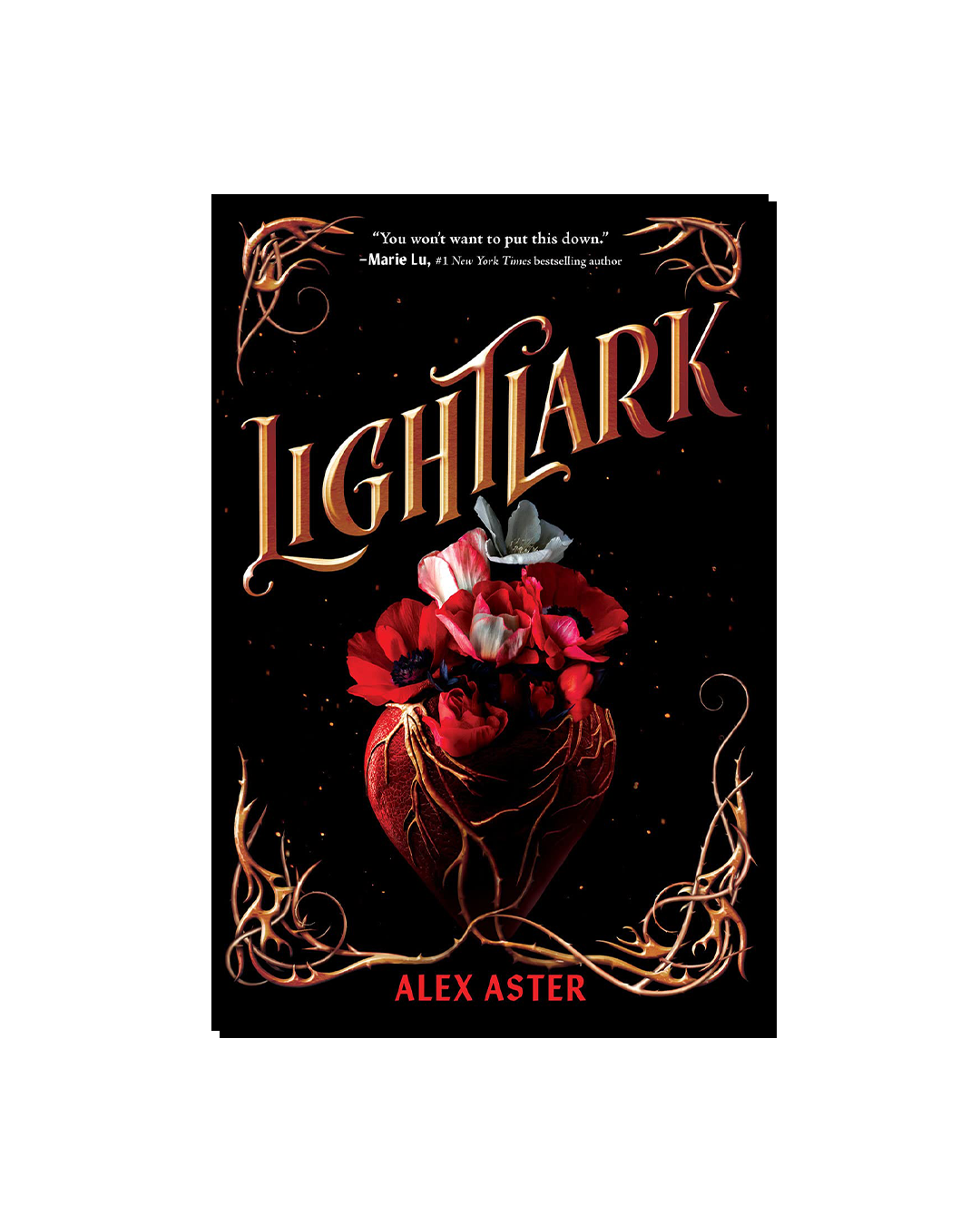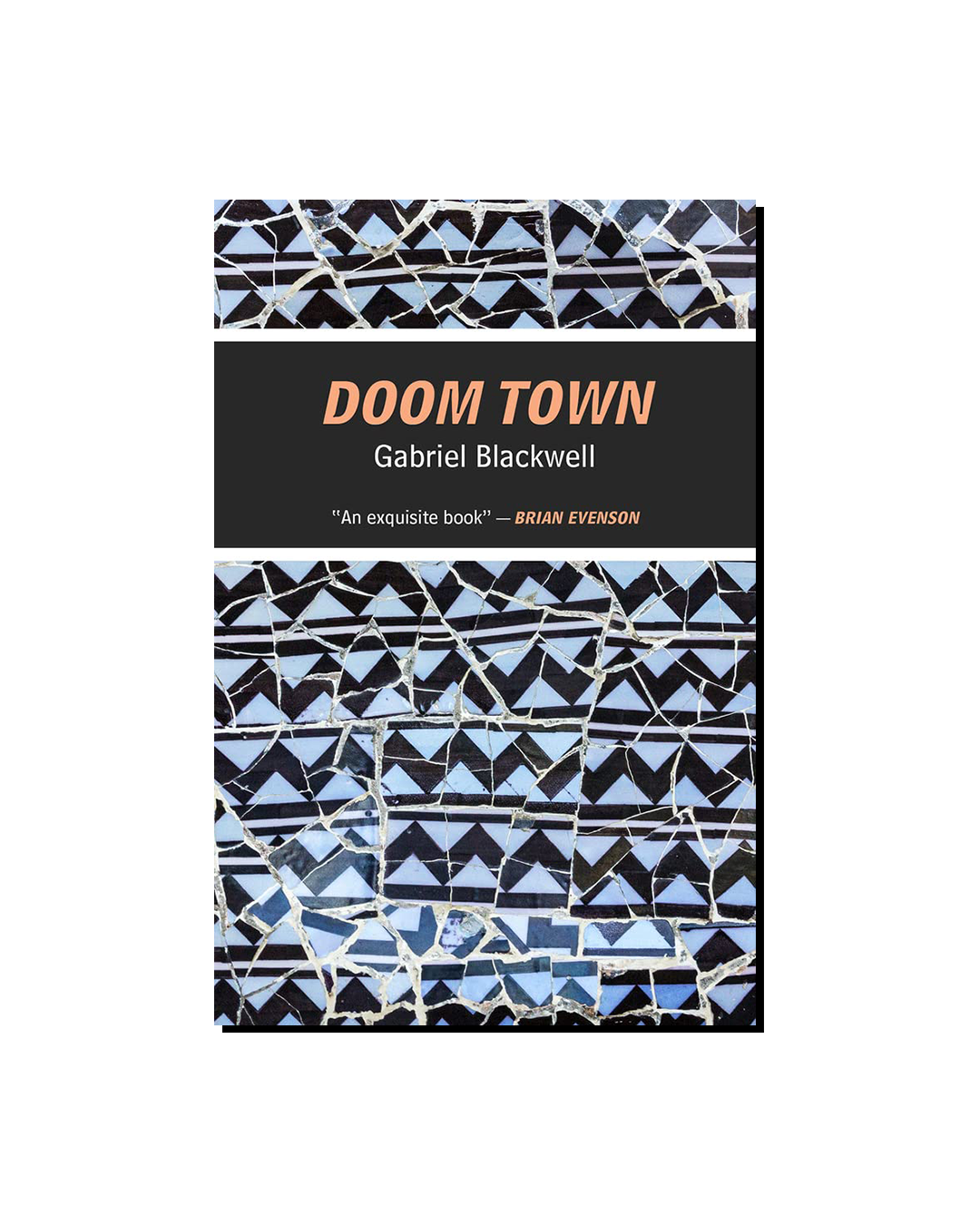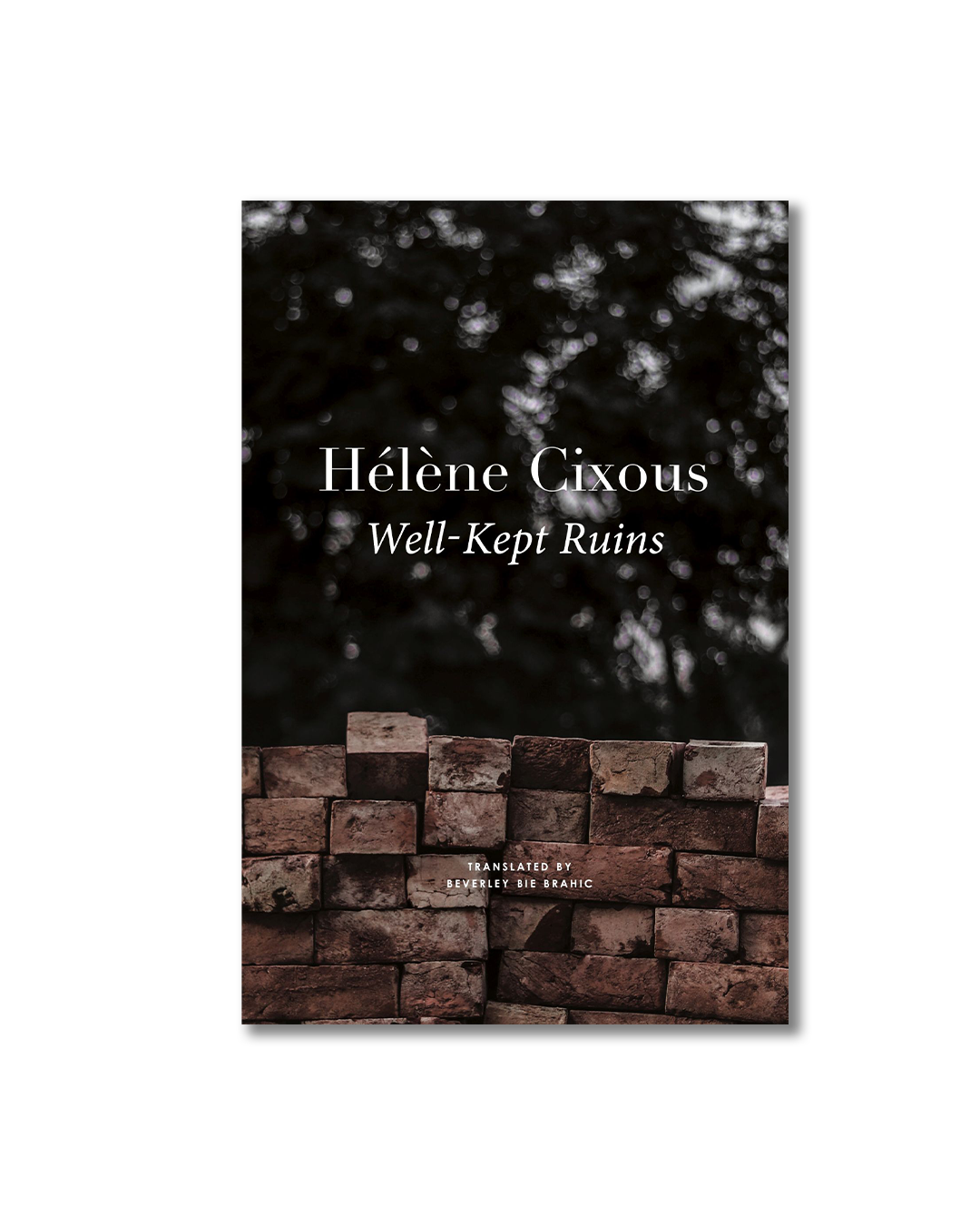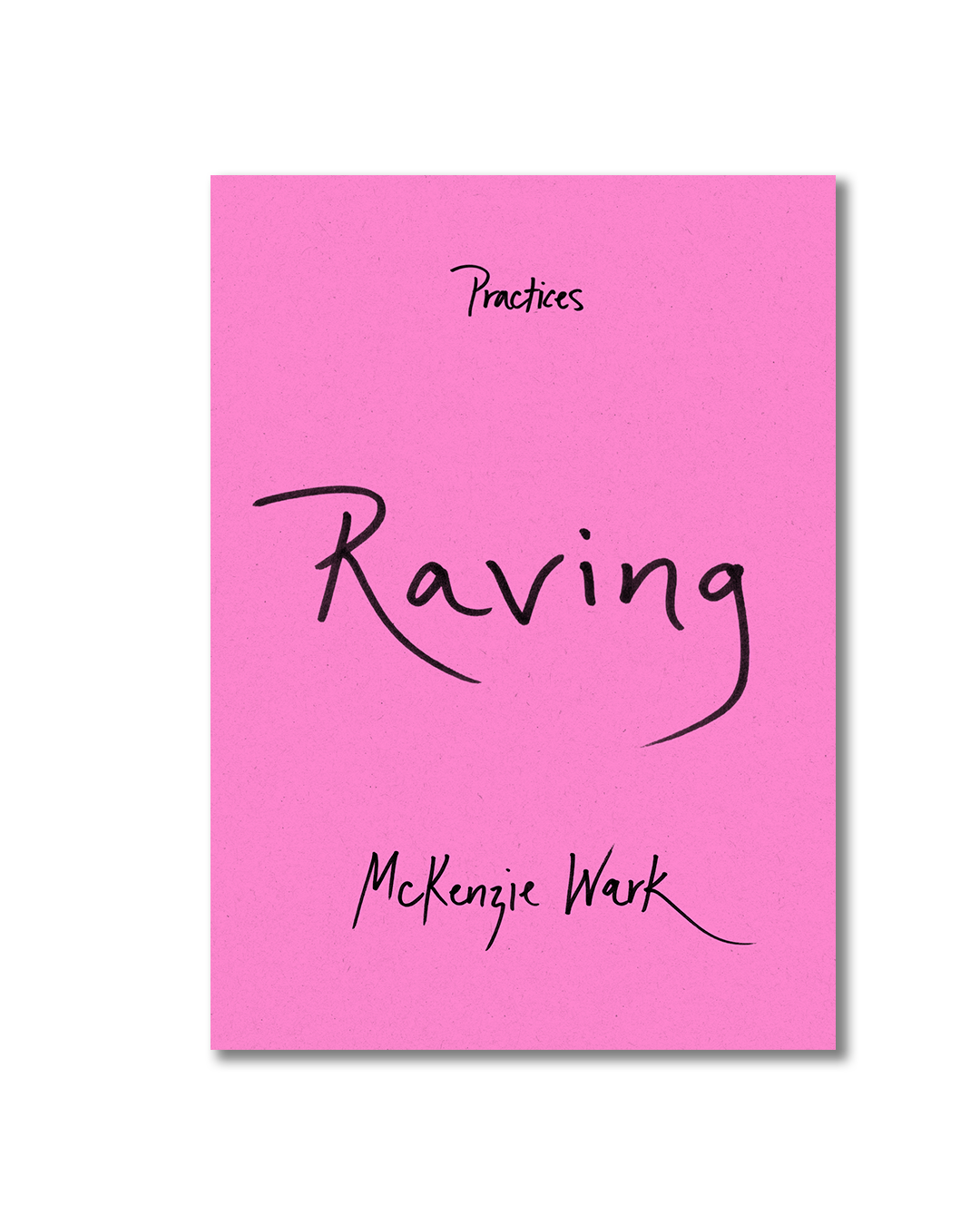I’m A Lot Like You Were: On Robert Christgau’s “Is It Still Good to Ya?”
As music critics we struggle to separate ourselves from the social media cavalcade, hurried by deadlines, aggrandizing our own curation and tastes. Christgau is blissfully unconcerned with any of that.
The Reader Will Not Be Saved: On Palestinian Poetry (in Translation)
A US readership may be seeking the right kind of palatable challenge to their aesthetic and intellectual views, a challenge that will change them, but these poems are after something different.
The Diversity Elevator: On R. F. Kuang’s “Yellowface”
The novel is a lackluster examination of plagiarism, privilege, and cultural appropriation that is too assured of its own righteousness; that fails, in its moral assertions and limp characterizations, to conclude anything besides the painstakingly obvious.
The Trope-ification of YA Fantasy and its Marketing: On Alex Aster’s “Lightlark”
Solid writing is for cowards, after all. True commitment to storytelling lies in speedrunning as many tropes as possible.
Still, Observing: On Christine Kwon’s “A Ribbon The Most Perfect Blue”
There is an insistence to the art required of this stillness, this refusal to act, and the attention to quotidian detail it both enables and depends upon.
The Writing Kind: On Kate Zambreno’s “The Light Room”
Zambreno shares my want, which is Cornell’s want: to hone in on the shifting gradations of light and temperature throughout the day by being present to the world and those within it.
Closed Reading: On Gabriel Blackwell’s “Doom Town”
Doom Town is the rare text which is actually narratologically deconstructive, insofar as it is a text awkwardly sutured around a central aporia. But then, too, it recognizes one cannot deconstruct without then reconstructing, even though reconstruction is little more than imposition.
Waiting for Diego Garcia
Diego Garcia is a ledger of annulments, which in its constant doubling back achieves a kind of fiction that is obsessed with the conditions of its conception.
Bring the Girls: On Allie Rowbottom’s “Aesthetica”
This artificial sickness is a feminized purgatory that entraps and entrances, freeing its denizens from both the real world, which is cruel, and the promised land, which doesn’t exist. The recovery suite becomes the ultimate VIP room, and you have to show skin to get in.
To Be Modern: On Osamu Dazai’s “The Flowers of Buffoonery”
Yet if the source of this confusion is undefined, it is because Dazai’s characters only subscribe to the first half of the trad’s mantra: they reject modernity, but they do not embrace tradition.
A Complicated System of Traps: On Quinn Slobodian’s “Crack-Up Capitalism”
Slobodian reveals that dreams of elite dominion have drawn on fantastical, even magical, thinking. They’re predicated upon chaos and apocalyptic anxieties, both as preconditions for the reconfiguration of the world according to narrow, private interests and as drivers of paranoid self-seeking.
It’s Not Too Late: On Hélène Cixous’ “Well-Kept Ruins”
The past is dead, but Cixous is alive, and she resurrects only what she thinks of, what incites her, what comes to her mind. Through this persistent act of journeying, the grand gesticulations of the twentieth century come to be concentrated in the beloved, diaphanous figure of a woman: her mother.
In Search of the Late-Capitalist Heartland: On Danny Caine’s “Flavortown”
Within this framework, the city of Flavortown becomes a kind of fraught retreat into global branding through which regional identity can be defended and maintained.
Living in Ruins: On Jake Bittle’s “The Great Displacement”
The moment of prognostication has long since passed, and the speculative remaking of American geography by a changing climate is no longer so speculative.
A Servant to Sound: On McKenzie Wark’s “Raving”
These states cluster around the paradox of dance floor dissociation: that feeling of being vacant and yet amenable to epiphanic thought.
Fidelity to Refusal: On Michael Palmer’s “The Danish Notebook”
It’s with some irony and agony that in 1994 Palmer was asked to contribute to Danish publisher Iselin C. Hermann’s series of autobiographical “notebooks” from innovative American poets.
Paranoid Reading: Steamshovel Press and the American Conspiracy Canon
For Kenn Thomas, the Midwest periphery was a perfect vantage point for keeping track of D.C., Roswell, Langley, and the rest.
South to the Midwest: Race, Region, and the National Imaginary
I say “region” and not “the South” because the regional borders are porous, not just in those liminal zones that separate the South from Appalachia and Appalachia from the Midwest, but in our national self-conception as well.
The Adolescent Gaze: On Dizz Tate’s “Brutes”
Being the object of another’s gaze means ceding control over how you are perceived, but to be watched is also to be worthy of someone else’s voyeurism.
The Original Entwine: On Edgar Garcia’s “Emergency”
This is where our definition of emergency falls flat. It is not immediate attention which is required, but vigilant heedfulness to the criss-crossing, overlapping, and tenuous events of history, actions of people, and the whims of Gods; “frequencies, mirrors, resurgences.”




















